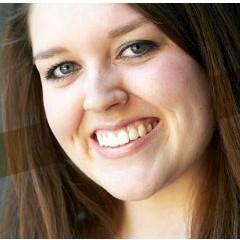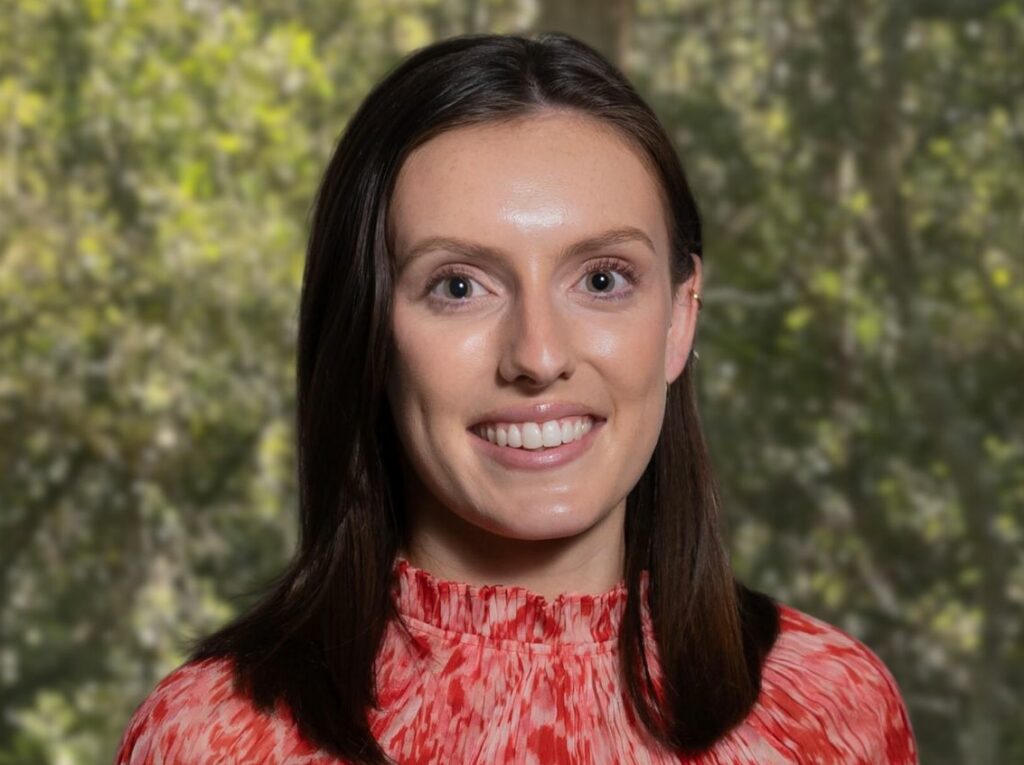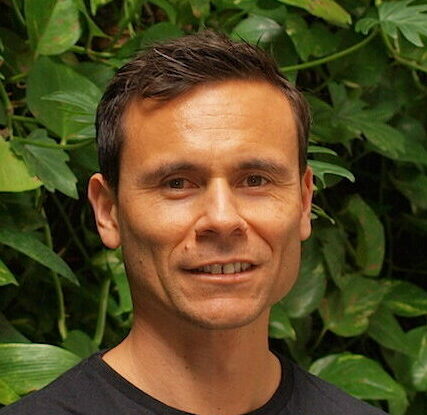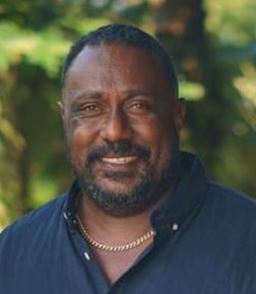Achieving change through behaviour and policies
Facilitated by Dr Andrea Walton (CSIRO)

Phoebe Ashe (NSW EPA)
NSW plastics: policy and behaviour change
NSW needs to reduce unnecessary plastic use to ensure that we have thriving ecosystems and waste streams free from plastic contamination. The NSW Plastics – Next Steps plan aims to do just that. It examines policy options to shift the behaviour of businesses and consumers towards circularity, where plastic waste is avoided where possible and otherwise recycled or properly disposed of. The NSW Environment Protection Authority is continuing to lead this work, and is engaging with the community, environment groups and research organisations, businesses, and government to achieve lasting change.
Presentation not available. Please contact the presenter directly.

Alieena Mathew (Griffith University)
Voluntary approaches to reducing single use plastic – what works
Forcing people to change their behaviour doesn’t always work. While plastic bans and levies are useful, they are often over-relied upon and cannot achieve the necessary changes in plastic usage behaviours quickly enough. Voluntary behaviour change programs complement these regulatory efforts. When developed and implemented effectively, voluntary programs can target multiple plastic behaviours simultaneously, unlike bans and levies which focus on specific plastics and usage behaviours. This is especially important in a world with limited resources such as time, money, and human capital. In this ten-minute talk, we will explore what voluntary programs are, what they are not, key considerations for their development and implementation, and successful examples of how these programs have addressed plastic usage in various contexts.

Dr Tori Seydel (Griffith University)
Delivering a coordinated effort across local government areas (LGAs)
Social marketing, a solution-focused behavioural science approach, is designed to achieve intended outcomes and create lasting impacts through changes in individual behaviour, culture, structures, and policies. As a transdisciplinary method, it combines marketing techniques with various other approaches to benefit local communities and the environment. This presentation will guide you through the application of the Co-create – Build – Engage (CBE) framework, which is used to effectively engage communities and stakeholders. The presentation will detail how the CBE process was applied in South East Queensland to deliver a coordinated program that successfully engaged over 800,000 people in just one year.

Ryan Collins (Planet Ark)
Eliminating plastic waste: strategies for change with a stockpile of positivity
Creating meaningful change often requires systems transformation and the efforts of a wide variety of people and groups. Planet Ark’s work to reduce single-use plastic waste spans a range of programs that target different audiences with diverse roles in the system, from early learning centres, schools, researchers, and households to small and medium businesses, corporations, government, and media. This talk will outline a variety of strategies and tools that have been employed to improve knowledge, alter perceptions, and ultimately change behaviour.

Edmund Tamwoy (Crystal Ailan)
Crystal Ailan recycling – a remote perspective
The Torres Strait Islands face unique challenges when it comes to plastic recycling, due to their remote location and island characteristics. A total of 4.9M potentially recyclable containers enter the region annually, yet there is a disproportionately low level of plastic recovery in Far North Queensland (FNQ), with recovery rates of 1.9%. Crystal Ailan is an Indigenous Australian business located in the Torres Strait Islands (spanning 15 islands) that specialises in plastic container recovery and biosecurity decontamination. Crystal Ailan is part of the solution for the Torres Strait Island Regional Council waste management strategy, and you will hear in this presentation some of work being undertaken.
